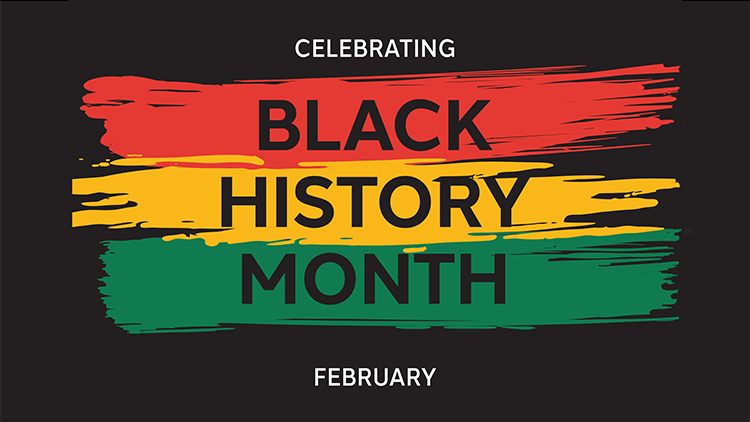Explore the profound journey of advancing nutrition security and health equity, woven into the rich cultural tapestry of African American heritage. Join in the tribute to pioneers like Ernest C. Jackson, Sr., and discover ways to contribute to a future where every individual has access to wholesome, affordable food.

Honoring the Legacy:
Ernest C. Jackson, Sr.’s Contribution: Delve into the impactful role of Ernest C. Jackson, Sr., as the director of community empowerment for the Dr. Martin Luther King, Jr. Center for Nonviolent Change. Understand the profound influence of Civil Rights achievements on shaping the author’s childhood and fostering a commitment to community well-being.
Childhood Reflections:
Embark on a nostalgic journey through the author’s childhood in Adamsville, highlighting the disparities in access to healthy meals. Witness the influence of a supportive community, where homegrown vegetables and local produce trucks played a pivotal role in shaping nutritional habits.
A Vision for Nutrition Security:
Current Focus on Nutrition Security: Uncover the transition from childhood experiences to a dedicated focus on nutrition security. Learn how the author, now a public servant at USDA, is committed to ensuring consistent and equitable access to healthy, safe, and affordable foods for all Americans.
USDA’s Role:
Explore the author’s role at USDA and the pleasure of engaging diverse demographics. Understand the significance of leveraging USDA’s 16 federal nutrition assistance programs to address food disparities and enhance the quality of life for millions.
Call to Partnership:
Collective Action for Food Equity: Join the call for collective action in advancing food and nutrition security. Encourage readers to metaphorically “get on the bus” by partnering with the author and USDA to eliminate disparities in healthy food choices, ensuring no child questions their neighborhood’s nutritional options.
Expanding Reach:
Highlight the impact of USDA’s existing nutrition assistance programs, reaching 1 in 4 Americans. Encourage readers to contribute to expanding this reach and breaking the link between ZIP codes and life expectancy.
FAQs:
*Q1: What is the significance of Ernest C. Jackson, Sr.’s role in the Civil Rights era? A1: Ernest C. Jackson, Sr., served as the director of community empowerment for the Dr. Martin Luther King, Jr. Center for Nonviolent Change, contributing to the achievements of the Civil Rights era.
*Q2: How can individuals contribute to advancing food and nutrition security? A2: Individuals can partner with USDA, metaphorically “get on the bus,” and actively engage in efforts to ensure consistent and equitable access to healthy, safe, and affordable foods for all.
Conclusion: Conclude the article by emphasizing the collective power to thrive, fostering a future where every individual in the country is nourished, breaking free from the constraints of ZIP codes on life expectancy.




